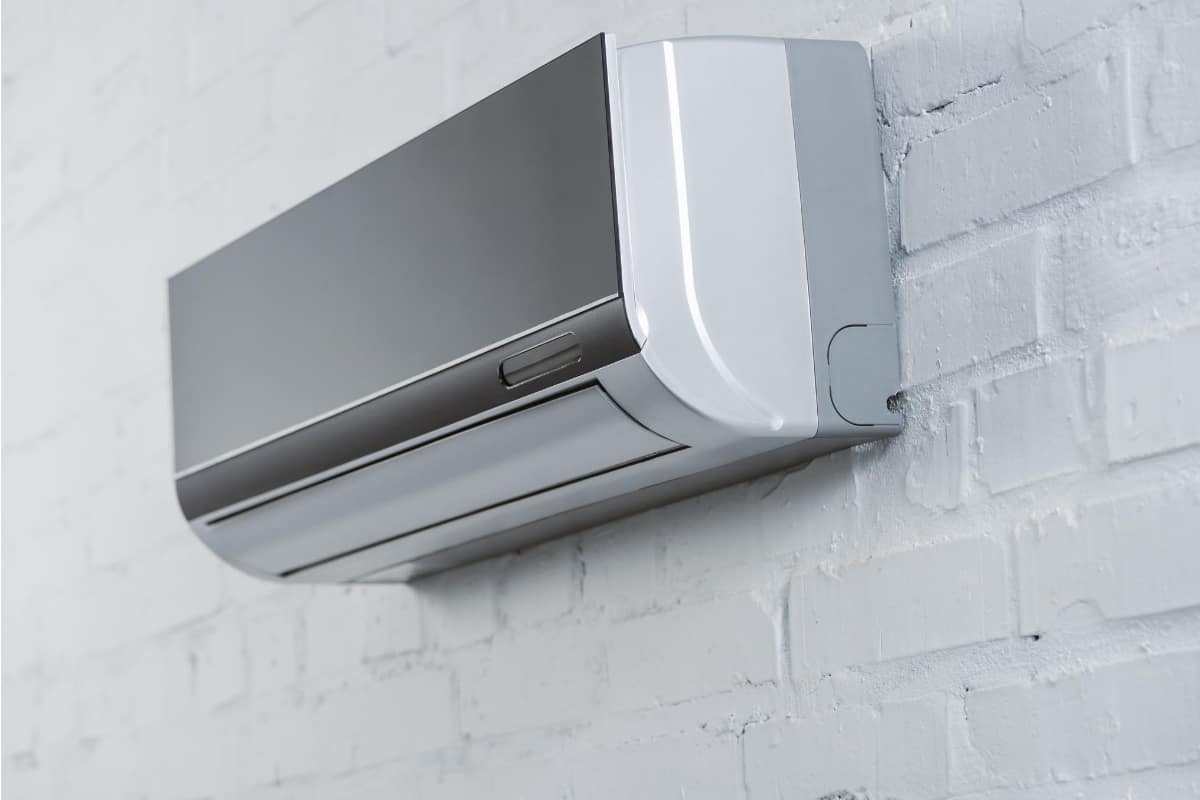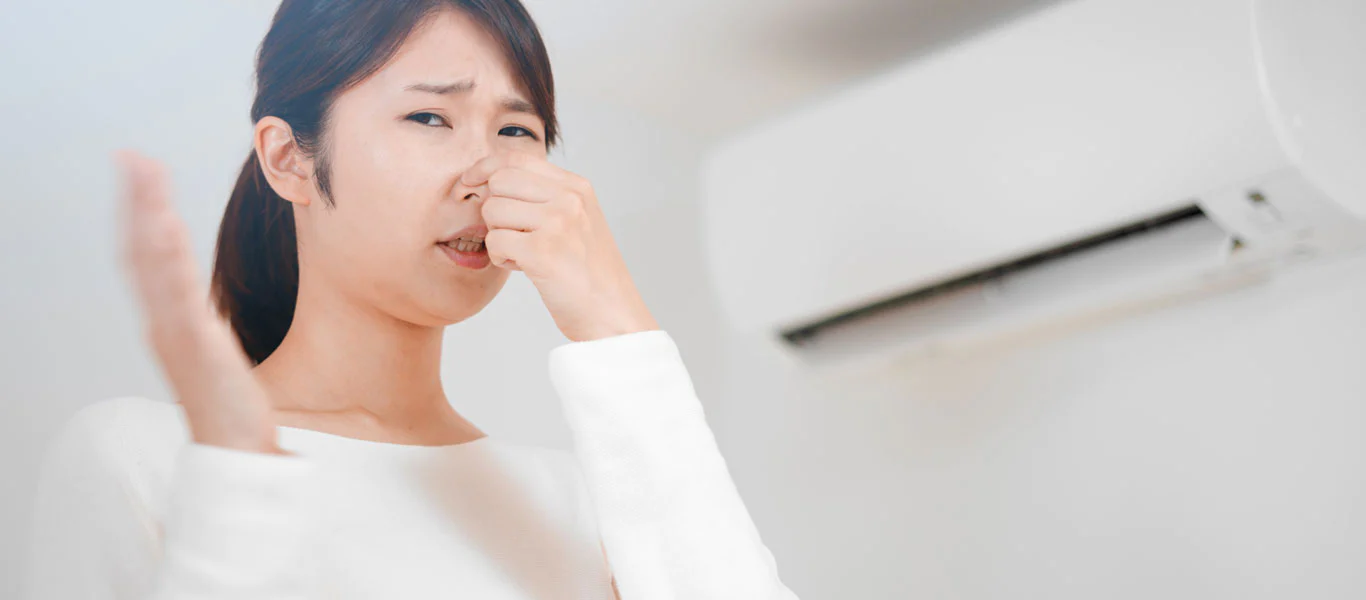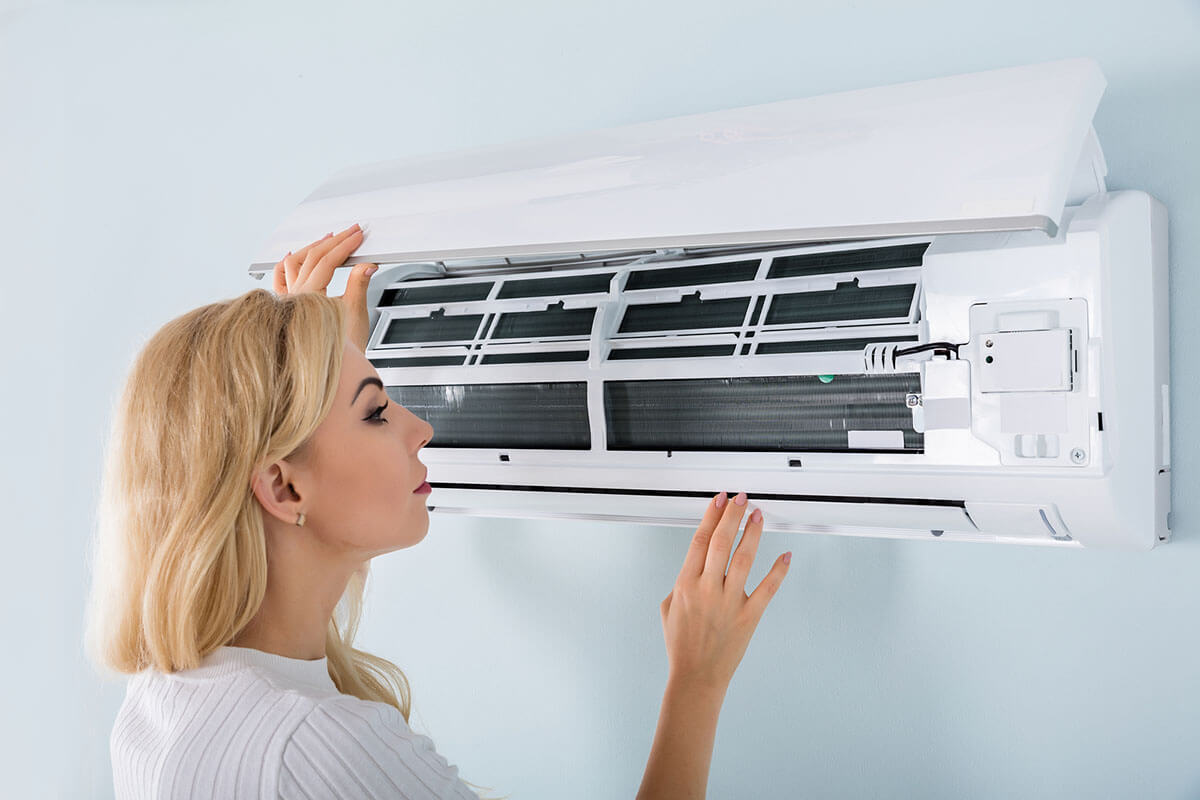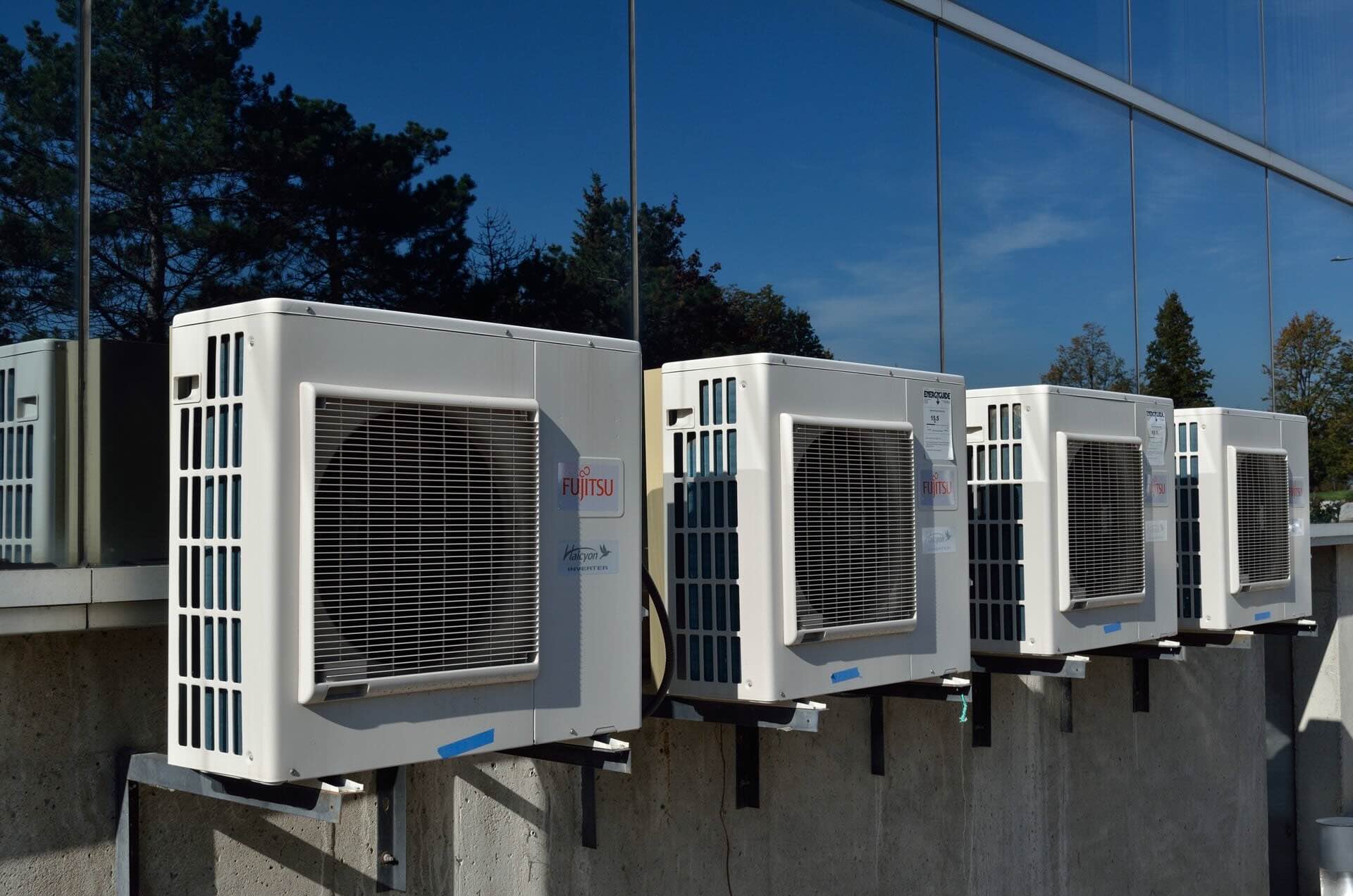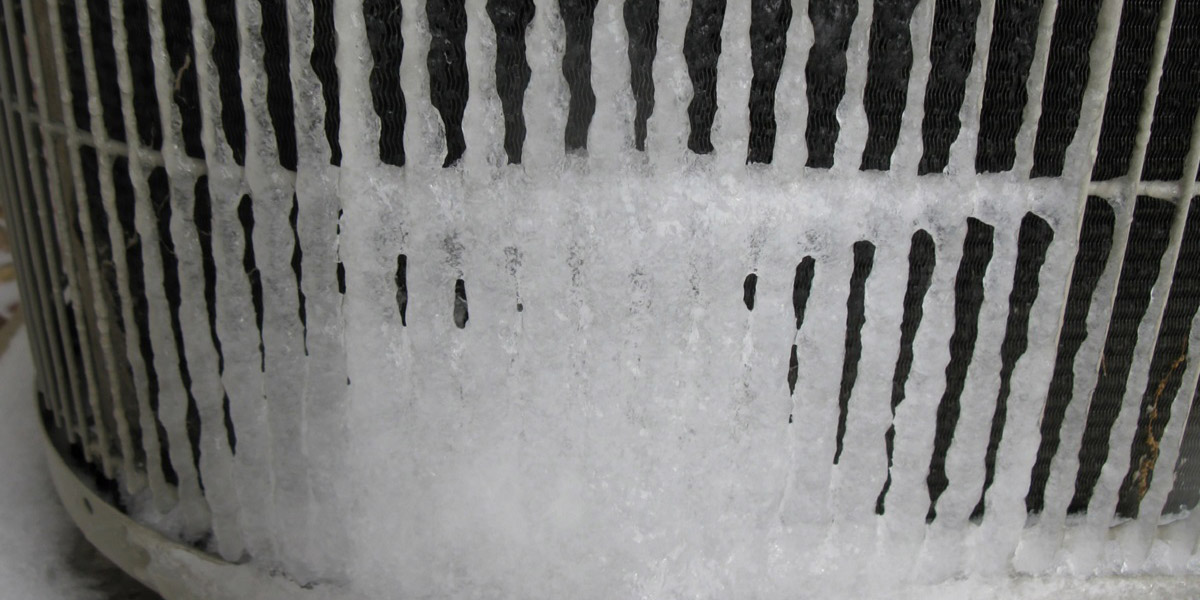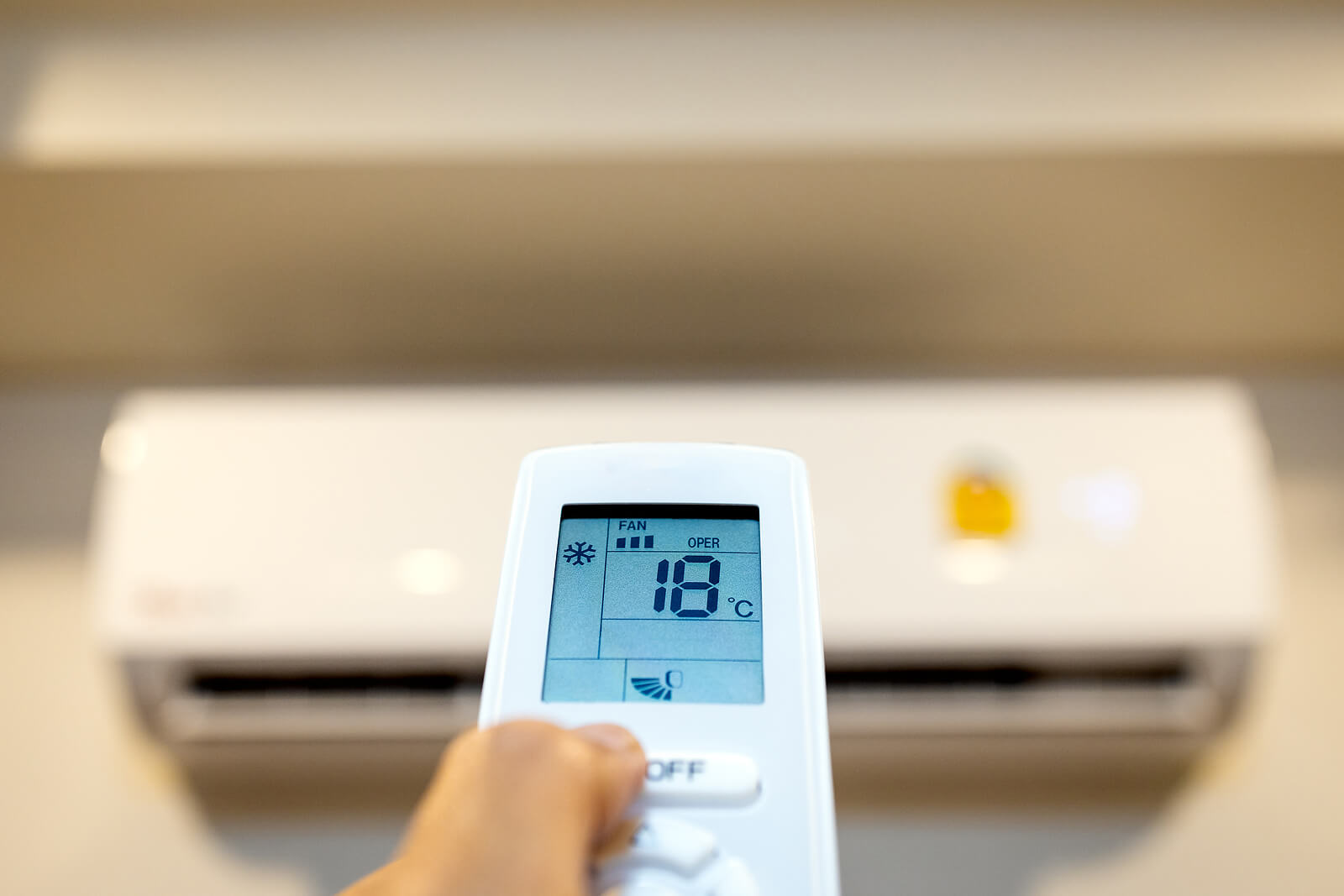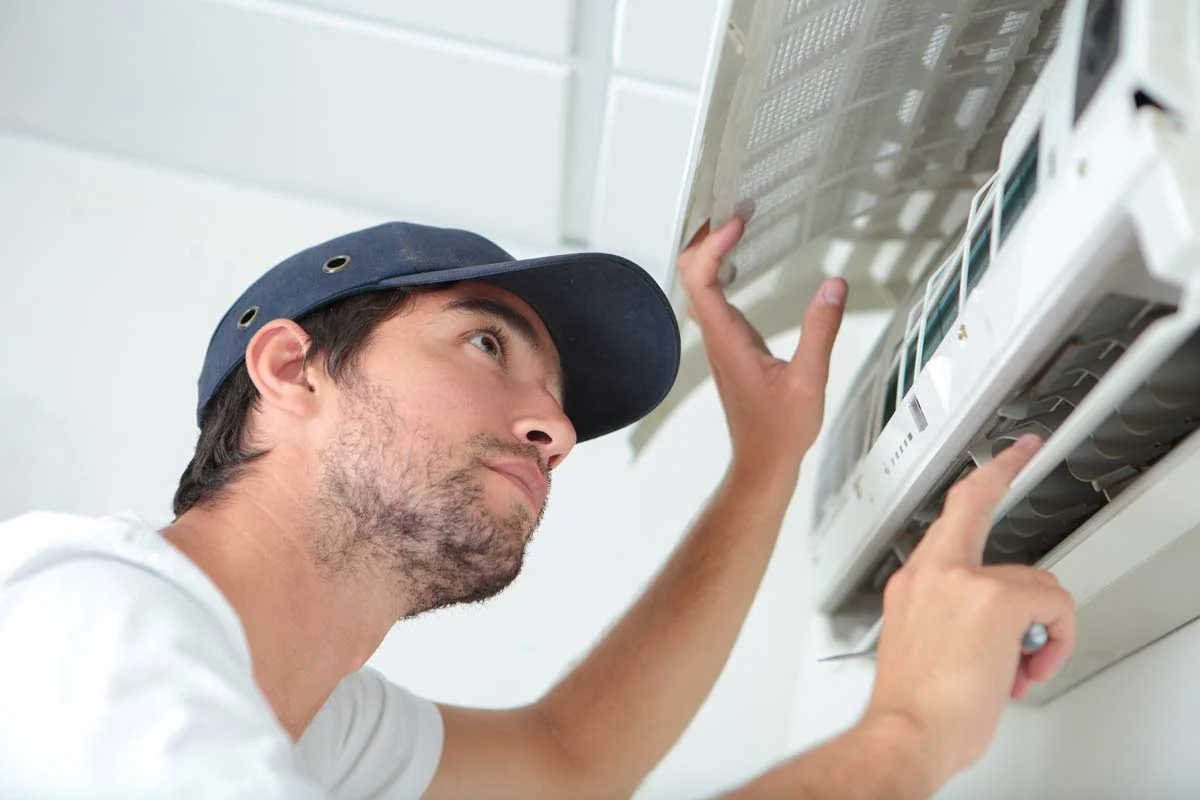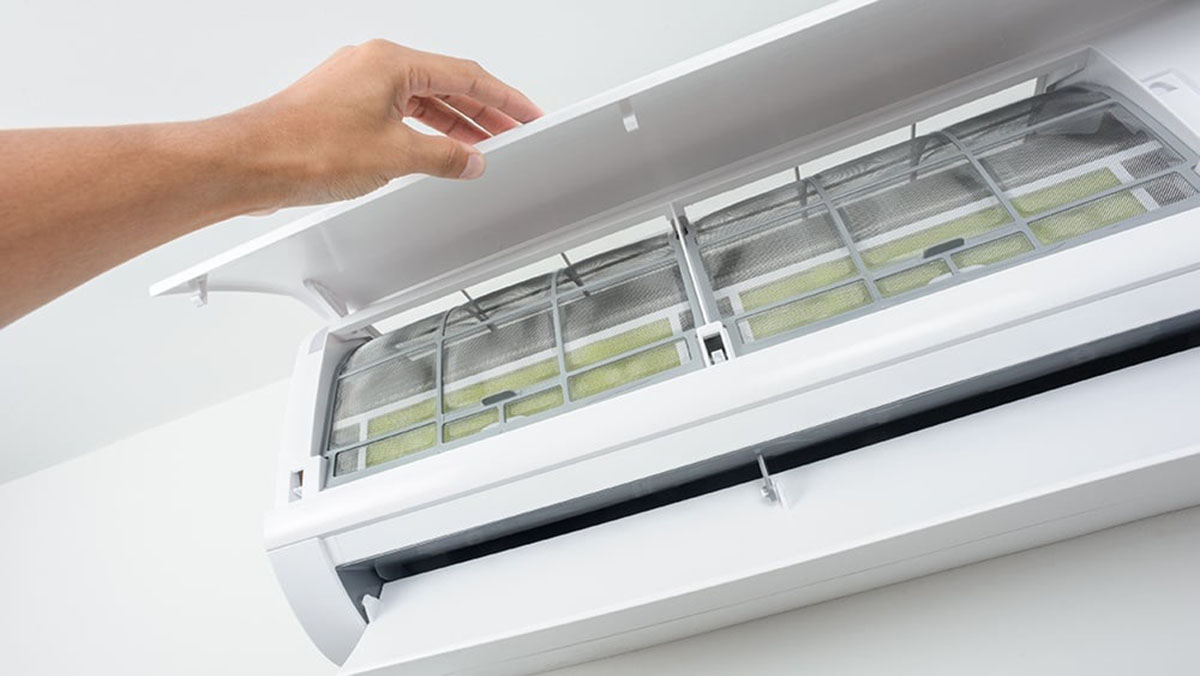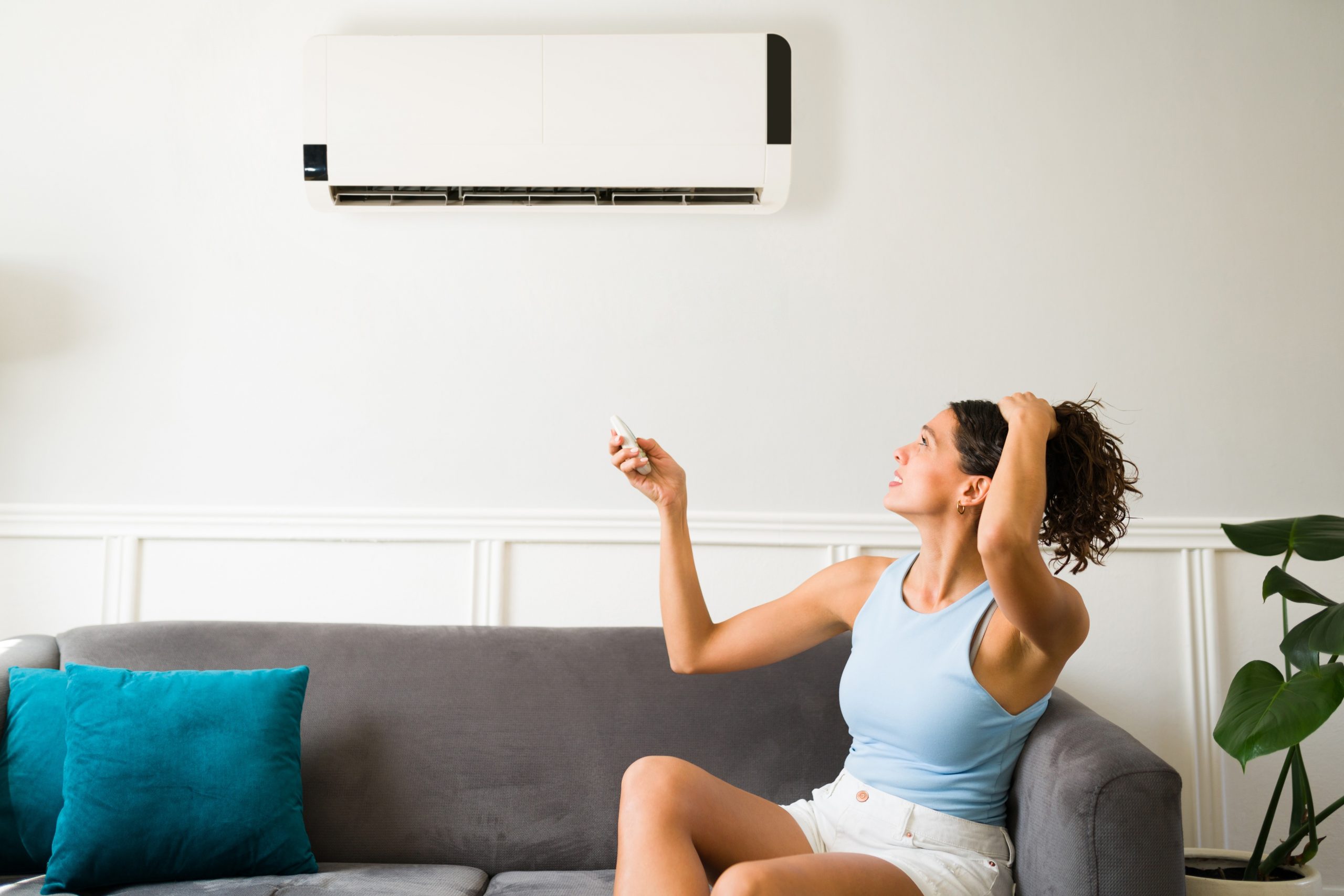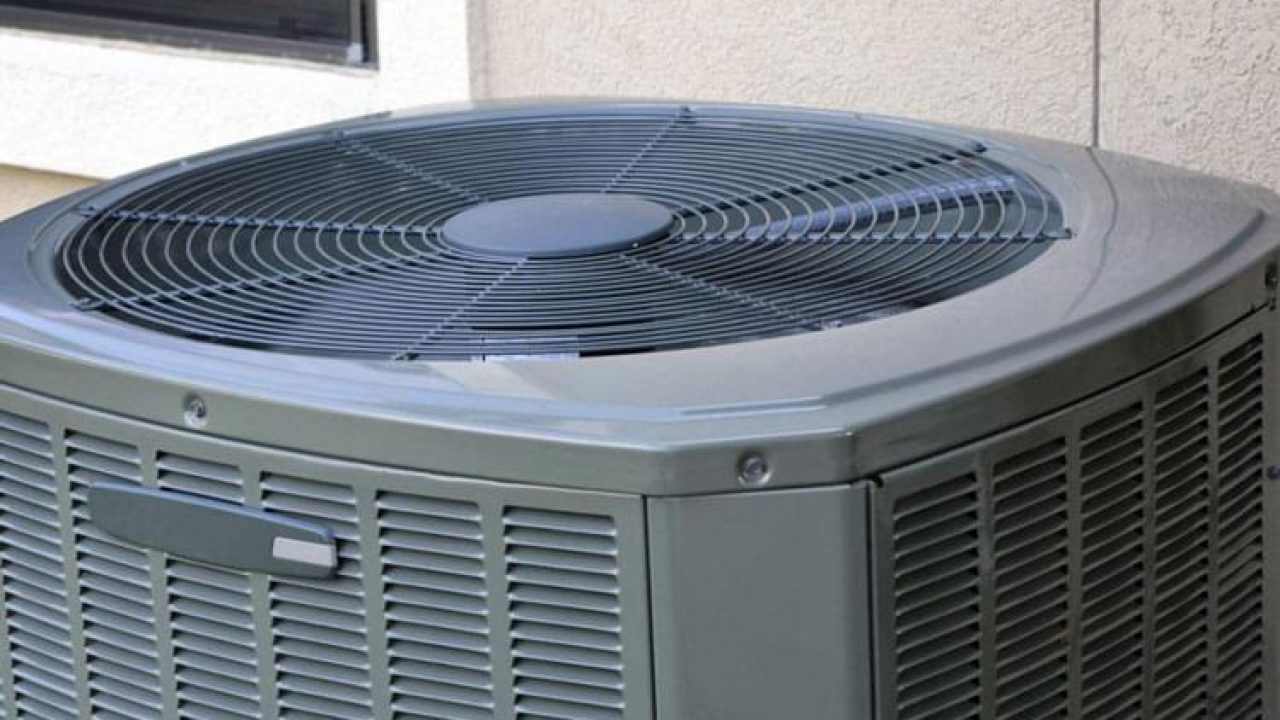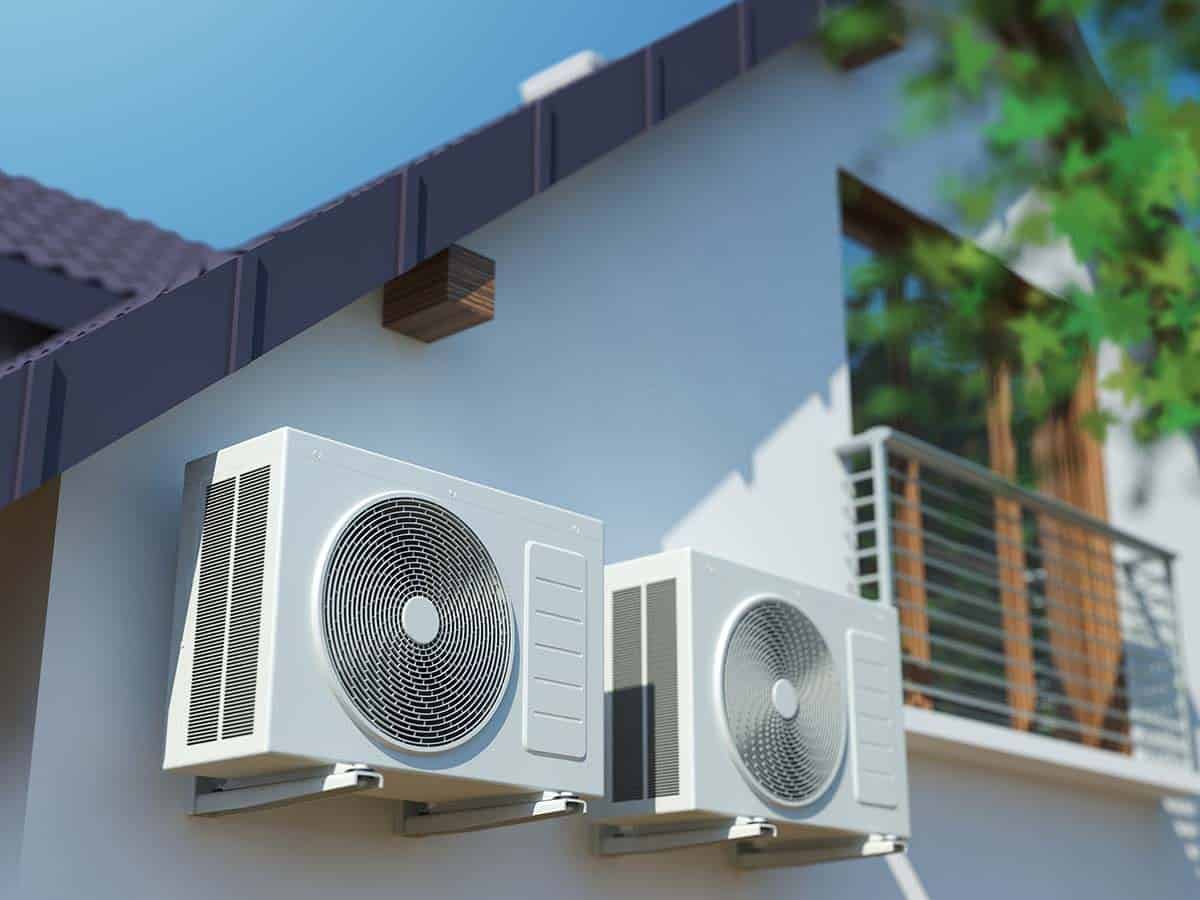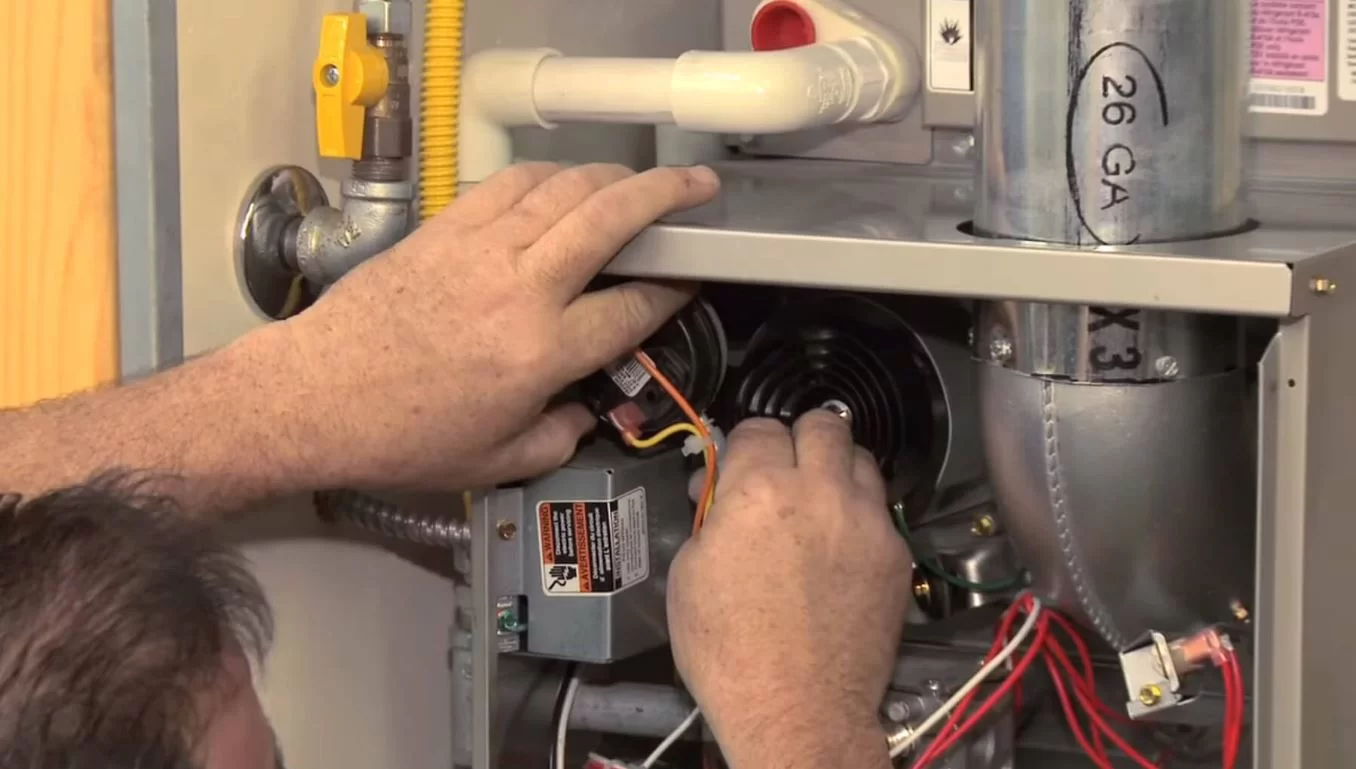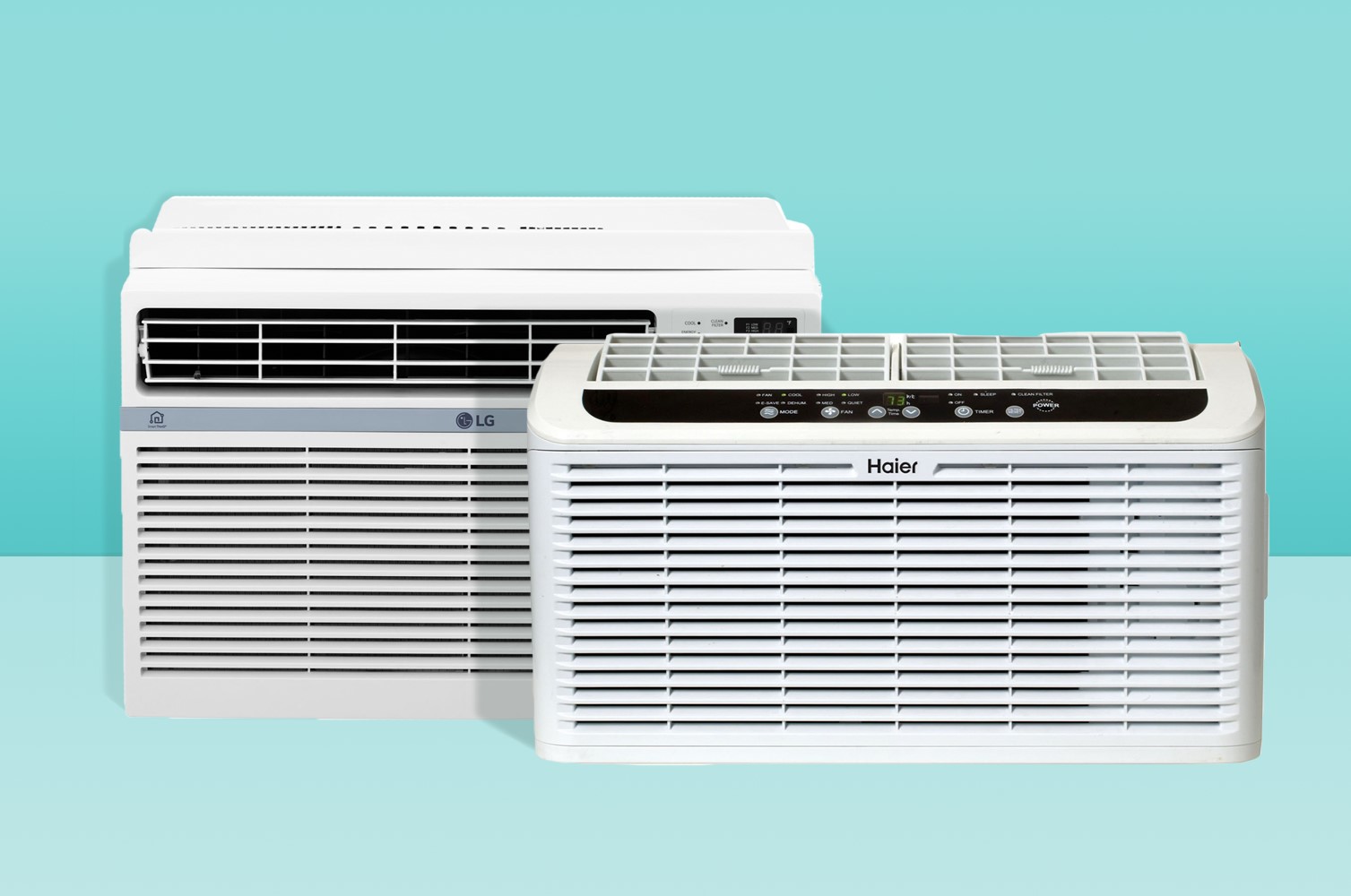Home>Home Maintenance>Why Does My Air Conditioner Run Constantly
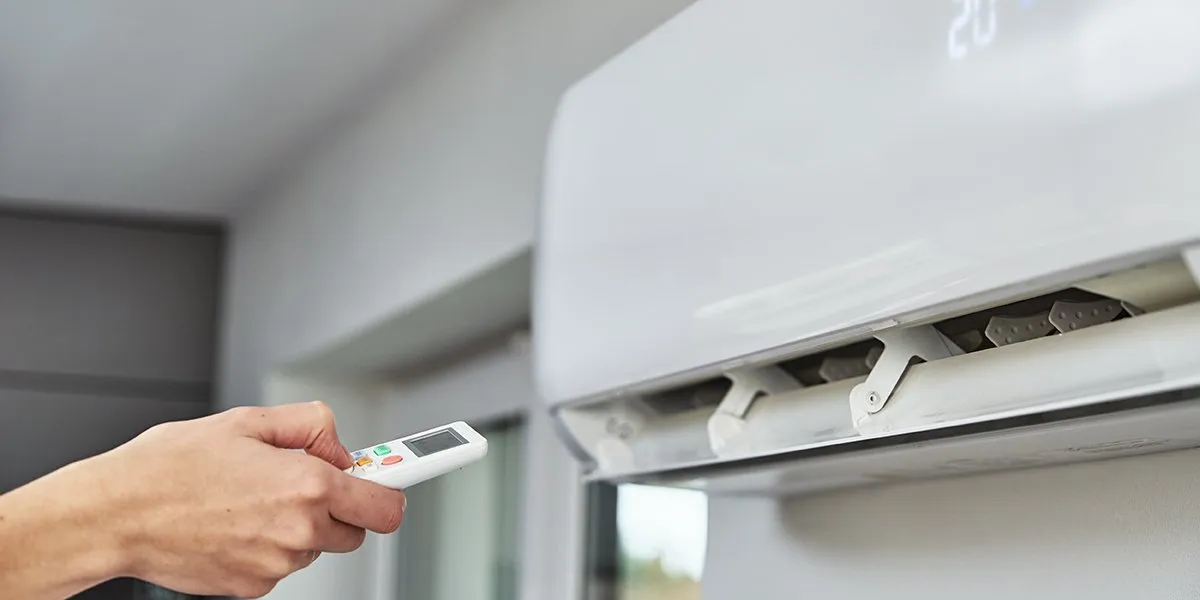

Home Maintenance
Why Does My Air Conditioner Run Constantly
Modified: August 17, 2024
Find out the reasons why your air conditioner is running constantly with expert home maintenance tips. Prevent energy waste and improve cooling efficiency.
(Many of the links in this article redirect to a specific reviewed product. Your purchase of these products through affiliate links helps to generate commission for Storables.com, at no extra cost. Learn more)
Introduction
Having an air conditioner in your home is a great way to keep cool during those hot summer months. However, if you find that your air conditioner is running constantly, it can be not only frustrating but also an indication that there might be an underlying issue. Understanding why your air conditioner is running constantly is vital in order to address the problem and make sure that you’re not wasting energy or putting unnecessary strain on your unit.
In this article, we will explore some common reasons why your air conditioner may be running constantly and what you can do to solve the problem. By identifying and addressing the root cause of your air conditioner’s constant running, you can ensure that your home remains comfortable and energy efficient.
Key Takeaways:
- Don’t overlook the simple things: Check your air conditioner settings, clean or replace dirty air filters, and schedule regular maintenance to prevent constant running and ensure a cool, comfortable home.
- Size matters: Make sure your air conditioner is properly sized for your home to avoid constant running. Addressing insulation, thermostat malfunctions, and refrigerant leaks can also help keep your AC running efficiently.
Understanding the Air Conditioner Settings
One of the first things to consider when your air conditioner is running constantly is the settings on your unit. Air conditioners typically have different operating modes, such as “cool,” “fan,” or “auto.” Understanding these settings can help you determine if your air conditioner is set incorrectly.
If your air conditioner is set to “cool,” it will run until it reaches the desired temperature set on the thermostat. However, if your air conditioner is set to “fan,” it will continue to blow air even if the cooling function is not active. This can give the illusion that your air conditioner is running constantly when it is actually operating as intended.
Furthermore, some air conditioners have an “auto” mode that allows the unit to adjust the cooling and fan speed automatically based on the room’s temperature. In this mode, the air conditioner will cycle on and off as needed to maintain the desired temperature, which can help prevent constant running.
Therefore, before assuming there is a problem with your air conditioner, double-check the settings on your unit to ensure it is not simply a matter of incorrect settings. Adjusting the settings to the appropriate mode can help resolve the issue of constant running.
Thermostat Malfunction
A malfunctioning thermostat can be a common cause of an air conditioner running constantly. The thermostat is responsible for signaling the air conditioner to turn on and off based on the desired temperature settings. If the thermostat is not functioning correctly, it may not accurately detect the temperature in the room and continue to send a signal to the air conditioner to keep running.
There are several issues that can lead to thermostat malfunctions. One possibility is that the thermostat’s sensor is dirty or covered in dust, preventing it from accurately reading the room’s temperature. In this case, cleaning the sensor with a soft cloth can help improve its performance.
Another possibility is that the thermostat’s wiring is faulty or damaged. Over time, the wiring connections can become loose or worn out, causing communication issues between the thermostat and the air conditioner. In such cases, hiring a professional HVAC technician to assess and repair the wiring is recommended.
Additionally, outdated or outdated thermostats may not function properly, especially if they are not compatible with newer air conditioning units. Upgrading to a programmable or smart thermostat can help ensure accurate temperature readings and better control over the air conditioner’s operation.
If you suspect a thermostat malfunction, it is best to consult a qualified HVAC technician to diagnose and address the issue. They will be able to determine if the thermostat needs repair or replacement, and perform the necessary steps to resolve the constant running of your air conditioner.
Insufficient Insulation
Insufficient insulation in your home can contribute to your air conditioner running constantly. Without proper insulation, cool air can easily escape from your home, causing your air conditioner to work harder to maintain a consistent temperature. This can lead to increased energy consumption and a constantly running air conditioner.
The first area to check for insulation is your attic. Proper insulation in the attic helps to prevent hot air from entering your home during the summer and cold air from escaping during the winter. Upgrading your attic insulation to meet recommended R-value standards can significantly improve the effectiveness of your air conditioning system and reduce the need for constant running.
Other areas of your home that may lack sufficient insulation include walls, floors, and crawl spaces. Insulating these areas can help create a thermal barrier that keeps the cool air inside and prevents it from escaping. Adding insulation to these areas can be a cost-effective solution to reduce energy waste and ensure your air conditioner is not running unnecessarily.
If you’re unsure about the state of your home’s insulation, consider contacting a professional insulation contractor who can assess your insulation needs and provide recommendations for improvement. They can determine if your home requires additional insulation and guide you through the process of upgrading for better energy efficiency.
By addressing insulation issues in your home, you can create a more comfortable living environment, reduce energy costs, and alleviate the strain on your air conditioner, ultimately preventing it from running constantly.
Dirty Air Filters
Dirty air filters can significantly impact the performance of your air conditioner and cause it to run constantly. Air filters are responsible for capturing dust, dirt, and other airborne particles, preventing them from entering the system and hindering airflow. When these filters become clogged with debris, they obstruct the flow of air, forcing the air conditioner to work harder to cool your home.
Regularly inspecting and replacing your air filters is essential for maintaining the efficiency of your air conditioning system. It is recommended to check the filters every month and replace them as needed, especially during periods of heavy use, such as the summer months.
Replacing air filters is a simple task that can have a significant impact on the performance of your air conditioner. Most filters are disposable and can be easily replaced with new ones available at home improvement stores. However, some air conditioning systems may have reusable filters that require cleaning. In this case, follow the manufacturer’s instructions to properly clean and reinstall the filters.
By regularly cleaning or replacing your air filters, you can improve the airflow in your air conditioning system, allowing it to run more efficiently. This not only helps prevent constant running but also improves indoor air quality by reducing the circulation of dust, allergens, and pollutants.
Remember, clean air filters not only benefit your air conditioner but also extend its lifespan and reduce the need for costly repairs. Therefore, make it a habit to inspect and maintain your air filters regularly to keep your air conditioning system running smoothly and efficiently.
Check and replace your air filter regularly. A dirty filter can restrict airflow, causing your AC to run constantly. This simple maintenance can improve efficiency and save energy.
Refrigerant Leaks
Refrigerant leaks are another common culprit behind a constantly running air conditioner. Refrigerant is the substance responsible for absorbing heat from the indoor air and releasing it outside, allowing the air conditioner to cool the air effectively. However, if there is a leak in the refrigerant line, it can result in a reduction of refrigerant levels, causing the unit to work harder and run constantly in an attempt to reach the desired temperature.
There are several signs that may indicate a refrigerant leak. These include decreased cooling performance, longer cooling cycles, hissing or bubbling sounds near the outdoor unit, and icy or frosty coils. If you notice any of these signs, it is crucial to address the issue promptly to prevent further damage to your air conditioning system.
Refrigerant leaks are typically not something homeowners can fix themselves and require the expertise of a professional HVAC technician. The technician will be able to locate and repair the leak, ensuring that the refrigerant levels are restored to their proper levels. It is important to note that simply recharging the refrigerant without fixing the leak is not a permanent solution and will only lead to further refrigerant loss.
Regular maintenance of your air conditioning system, including annual inspections by a qualified technician, can help detect and prevent refrigerant leaks before they become more severe. Additionally, ensuring that all components of your air conditioner are in good working condition can help minimize the risk of leaks and keep your unit running efficiently.
By addressing refrigerant leaks promptly and maintaining the proper refrigerant levels, you can help extend the lifespan of your air conditioning system, improve its performance, and prevent constant running, ultimately saving energy and reducing costs.
Improperly Sized Air Conditioner
One often overlooked factor that can lead to a constantly running air conditioner is having an improperly sized unit for your home. If your air conditioner is too small for the space it is trying to cool, it will struggle to reach the desired temperature and may run continuously in an effort to compensate.
On the other hand, if your air conditioner is too large for your home, it may cool the space too quickly and reach the set temperature before properly removing humidity. This can result in short cycling, where the air conditioner turns on and off frequently, and can lead to decreased comfort and increased energy consumption.
It’s important to have a professional HVAC technician properly size your air conditioner based on the square footage and layout of your home, as well as other factors such as insulation quality and climate. They will calculate the cooling load requirements to determine the appropriate size of the air conditioning unit for optimal performance.
If you suspect that your air conditioner is improperly sized, it is recommended to consult with a qualified technician. They can assess your current system, consider the specific characteristics of your home, and make recommendations for the most suitable-sized air conditioner. Upgrading to the correct-sized unit can ensure that your air conditioner operates efficiently, avoids constant running, and provides enhanced comfort.
Remember, investing in a properly sized air conditioner not only benefits your comfort and energy efficiency but also prevents unnecessary wear and tear on the unit, potentially extending its lifespan and reducing maintenance costs in the long run.
Maintenance and Servicing
Maintaining and servicing your air conditioning system is crucial for preventing constant running and ensuring optimal performance. Regular maintenance can help identify and address potential issues before they become major problems, ultimately saving you time, money, and frustration.
One essential maintenance task is cleaning the outdoor unit, also known as the condenser. Over time, it can collect dust, dirt, and debris, which can obstruct airflow and affect the efficiency of your air conditioner. It’s recommended to gently remove any debris from the unit and clear away any vegetation or obstructions around it to ensure proper air circulation.
Another important maintenance step is cleaning or replacing the evaporator coils. Over time, the coils can become dirty or covered in residue, hindering heat transfer and reducing the effectiveness of the cooling process. Cleaning the coils helps maintain efficient operation and prevents the air conditioner from running constantly.
Checking and maintaining the electrical connections of your air conditioner is also vital. Loose or damaged electrical connections can lead to poor performance and potential safety hazards. If you’re not experienced with electrical work, it’s best to leave this task to a qualified technician to ensure proper and safe maintenance.
Regularly inspecting and cleaning the air ducts is also essential. Dust, debris, or even mold can accumulate in the ducts over time, obstructing airflow and diminishing the efficiency of your air conditioning system. Professional duct cleaning can help remove any build-up and ensure proper airflow throughout your home.
It’s recommended to schedule an annual maintenance service with a qualified HVAC technician. During this service, they will conduct a comprehensive inspection, clean the components, lubricate moving parts (if necessary), and identify any potential issues that need to be addressed. This proactive approach to maintenance can help prolong the lifespan of your air conditioning system and keep it running efficiently.
Additionally, following the manufacturer’s guidelines for filter replacement, thermostat calibration, and other routine maintenance tasks can help ensure that your air conditioner remains in good working condition throughout the year.
By prioritizing regular maintenance and servicing, you can prevent constant running, improve energy efficiency, extend the life of your air conditioning system, and enjoy a comfortable indoor environment.
Conclusion
When your air conditioner runs constantly, it can be a sign of underlying issues that need to be addressed. By understanding the different factors that can contribute to constant running, you can take the necessary steps to resolve the problem and ensure the efficient operation of your air conditioning system.
Understanding the settings on your air conditioner and ensuring they are correctly adjusted can help prevent unnecessary running. Checking for thermostat malfunctions, insufficient insulation, dirty air filters, refrigerant leaks, and improperly sized units can identify specific issues that may be causing the constant running.
Regular maintenance and servicing, including cleaning the outdoor unit, maintaining proper insulation, replacing air filters, addressing refrigerant leaks, and ensuring proper air conditioner sizing, are all important aspects of preventing constant running and maximizing energy efficiency.
Remember, if you’re unsure about any potential issues or require repairs, it is always recommended to consult a professional HVAC technician. They have the expertise and knowledge to accurately diagnose and resolve any problems with your air conditioning system.
By addressing the root causes of constant running, you can improve the comfort of your home, reduce energy consumption, and potentially extend the lifespan of your air conditioning system. Maintaining a well-functioning air conditioner not only benefits your comfort but also contributes to a more sustainable and environmentally friendly home.
So, take the necessary steps to address any constant running issues with your air conditioner and enjoy a cool, comfortable, and energy-efficient home all summer long.
Frequently Asked Questions about Why Does My Air Conditioner Run Constantly
Was this page helpful?
At Storables.com, we guarantee accurate and reliable information. Our content, validated by Expert Board Contributors, is crafted following stringent Editorial Policies. We're committed to providing you with well-researched, expert-backed insights for all your informational needs.
